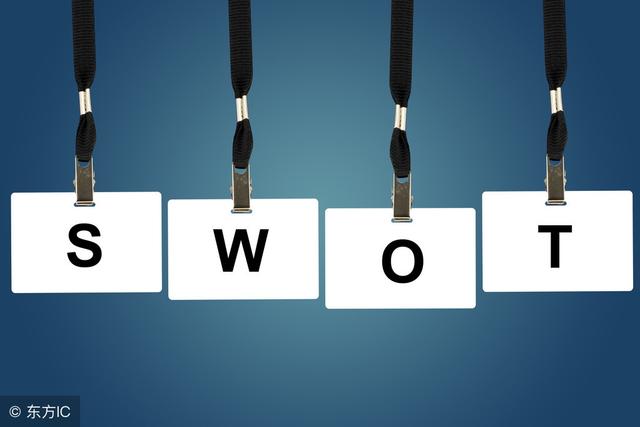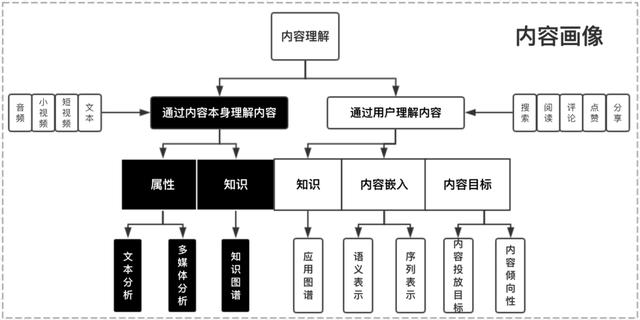
用 yes 或 no 回答的疑问句叫做一般疑问句。但一般疑问句并不一定都用 yes 或 no 来回答,初中英语新教材中大量的语言实践充分说明了这一点。请看下面几种情况。一、对别人的问话表示肯定时,用 yes 回答固然可以,但如果更宜直截了当地回答时,可以不用 yes。如:
1.Jim:Do you want a go?Ling:OK,thanks.
2.Teacher:Could you take it to the classroom?Liu Ming:Certainly.
3.Meimei:May I come then?Ann:Sure! Work must come first!
【说明】
Certainly 多用于英国英语,而 sure 多用于美国英语。
4.Ann:May I go with you?
WeiHun:Whynot? Hishomeisn'tfarfromhere.Let'sgo.
二、对于别人提问的情况似乎知道,但回答时又没有多大把握时,可以用提问的方式、商量的口气或其他方式回答对方。如:
1.Meimei:Where's Wu han? Do you know?Lily:Er,is it in Hebei?
2.A:Is it in the box?
B:Let me have a look.Oh,here it is.
3.Wei Hua:Is it ready now?
Uncle Wang:Come and look.
三、有些问题的答话不宜模棱两可,需要准确具体,否则,可能会引起别人的误解。如:
Wang:Can you speak Chinese?Jim:Only a little.
【说明】
若用 yes 回答,别人会认为你的汉语不错。
四、为了使回答显得委婉、客气、往往不采用 yes 来十分肯定自己的看法,也不用 no 来断然否定别人的意见,说话往往留有余地而礼貌谦恭。如:
1.A:Can you mend it?
B:I think so.Let me see.
2.A:Do you have a big piece,please?
B:Sorry,I don't.
3.Kate:Is the kite broken?
Jim:I don't think so.
五、乐意或拒绝接受对方的邀请或要求时,不用 yes 或 no,当拒绝或有不同的看法时,要婉言谢绝或提出自己的看法。如:
1.Ann:Would you like to come to supper?
Mei mei:Oh,thank you! I would love to! But I must ask
my parents first.
2.Jim:Shall we go to the park?
Lin Tao:Good idea! When shall we meet?
3.Li Lei:Could I speak to Jim,please?
Kate:I'm afraid he's out at the moment.
4.Li Lei:Oh! Is that a ball? Aren't all balls round?
Sam:Not in the USA.
5.A:Shall we meet at half past two?
B:All right.
六、在回答有些问题时,若回答者不愿或不便表明自己的态度,也往往不用 yes 或 no 作正面的回答。如:
1.A:Do you like doing housework?
B:I don't know.
2.A:Where're Lucy's pencils? Are they on her desk?
B:I can't see.
Exercise:
根据汉语意思,不用 Yes 或 No 来贴切地回答下面的问句。
1.—Shall we go by bus?—_______ ( 可以 ) .
2.—Will you please give this note to Tom?—______ ( 可以 ) .
3.—Would you like to go with me?—_______ ( 行 )
4.—Do you mind my opening the door?—______ ( 行 )
5.—Could you come to dinner on Sunday?—_______________ ( 谢谢,但恐怕不行 ) .
6.—Can you be here at eight tomorrow morning?—_______________ ( 对不起,我不能来这么早 )
Key:
1.All right2.Certainly / Of course / Sure3.I'd like to4.Of course not / Certainly not
5.That's very kind of you,but I'm afraid not.6.Sorry,I can't be here so early.
,




